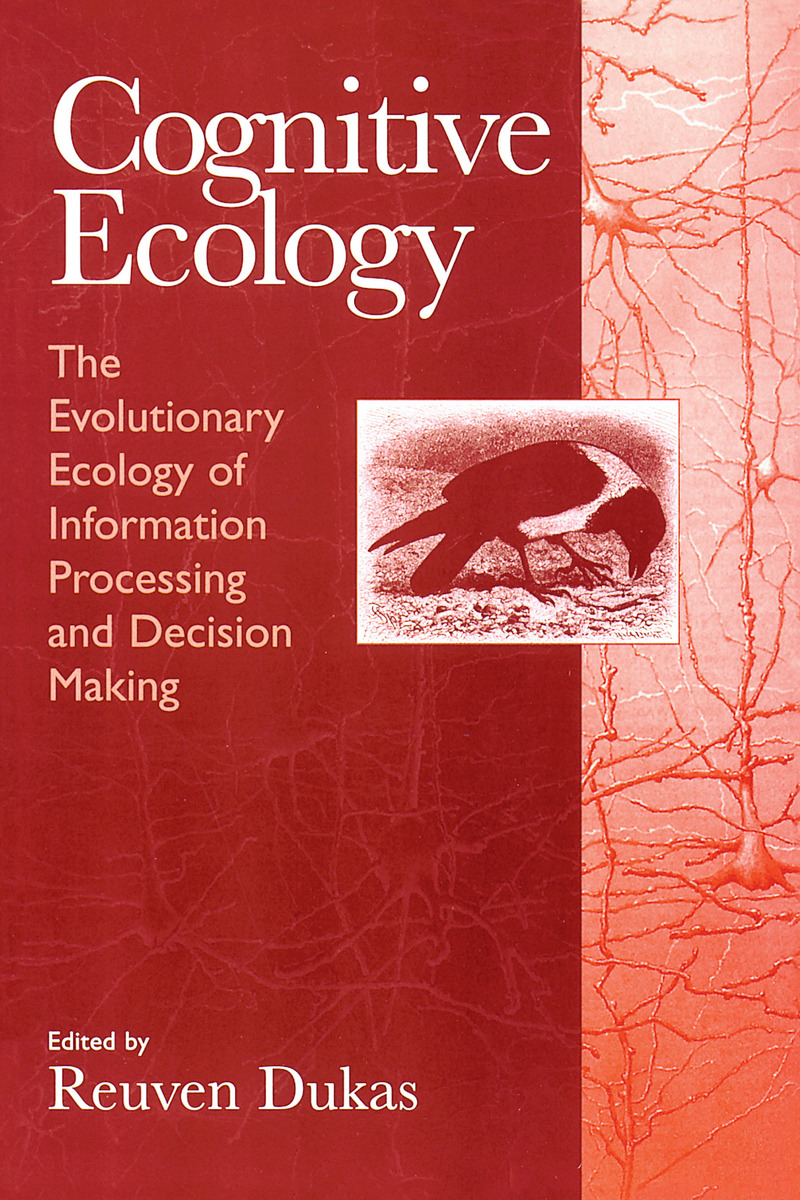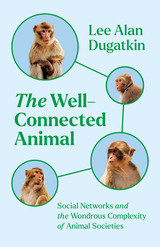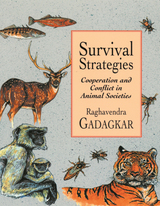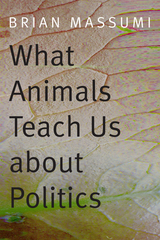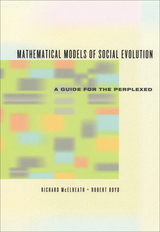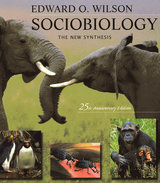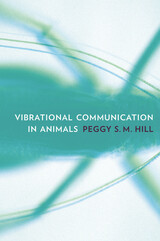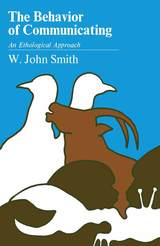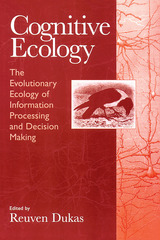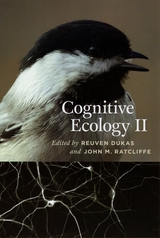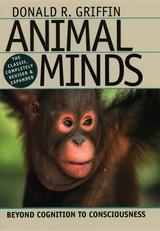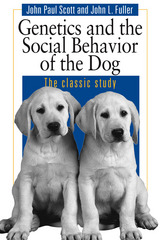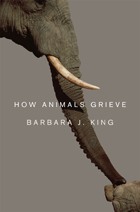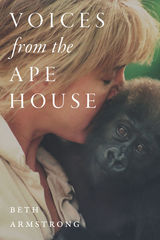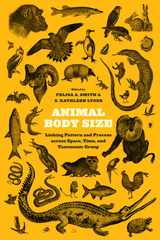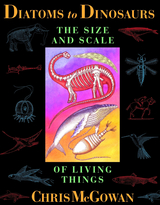Cognitive Ecology: The Evolutionary Ecology of Information Processing and Decision Making
University of Chicago Press, 1998
Cloth: 978-0-226-16932-3 | Paper: 978-0-226-16933-0
Library of Congress Classification QL785.C5 1998
Dewey Decimal Classification 591.513
Cloth: 978-0-226-16932-3 | Paper: 978-0-226-16933-0
Library of Congress Classification QL785.C5 1998
Dewey Decimal Classification 591.513
ABOUT THIS BOOK | TOC | REQUEST ACCESSIBLE FILE
ABOUT THIS BOOK
How does the environment shape the ways an animal processes information and makes decisions? How do constraints imposed on nervous systems affect an animal's activities? To help answer these questions, Cognitive Ecology integrates evolutionary ecology and cognitive science, demonstrating how studies of perception, memory, and learning can deepen our understanding of animal behavior and ecology.
Individual chapters consider such issues as the evolution of learning and its influence on behavior; the effects of cognitive mechanisms on the evolution of signaling behavior; how neurobiological and evolutionary processes have shaped navigational activities; functional and mechanical explanations for altered behaviors in response to changing environments; how foragers make decisions and how these decisions are influenced by the risks of predation; and how cognitive mechanisms affect partner choice.
Cognitive Ecology will encourage biologists to consider how animal cognition affects behavior, and will also interest comparative psychologists and cognitive scientists.
Individual chapters consider such issues as the evolution of learning and its influence on behavior; the effects of cognitive mechanisms on the evolution of signaling behavior; how neurobiological and evolutionary processes have shaped navigational activities; functional and mechanical explanations for altered behaviors in response to changing environments; how foragers make decisions and how these decisions are influenced by the risks of predation; and how cognitive mechanisms affect partner choice.
Cognitive Ecology will encourage biologists to consider how animal cognition affects behavior, and will also interest comparative psychologists and cognitive scientists.
See other books on: Animal behavior | Animal ecology | Cognition in animals | Cognitive Psychology & Cognition | Decision Making
See other titles from University of Chicago Press
